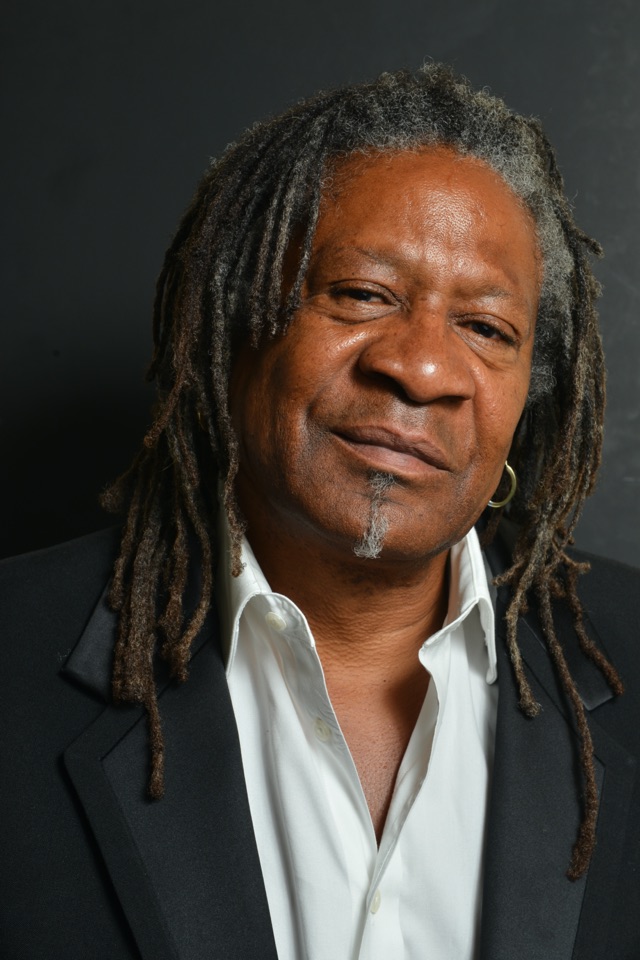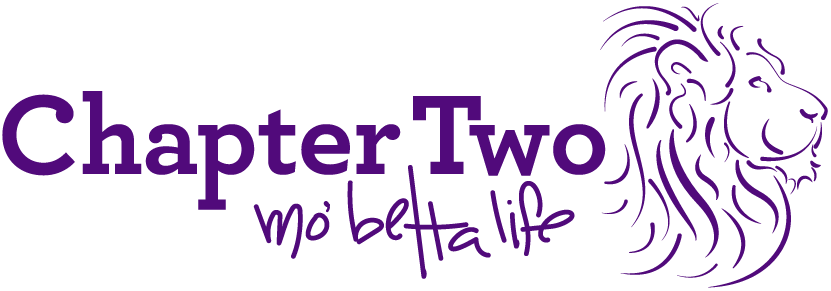
Hello, I’m Jeffrey Phillips and I’d like to offer you the ideas and principles that guide my work with young people:
Helping young people develop a sense of worthiness: that they’re worthy of success and a good life: Mo’ Betta!
How do we do that? By helping them get in touch with the 3 selves:
• Self-concept: Not so much what others think of them, but what they think about themselves.
• Self-image: Not so much how others see them, but how they see themselves.
• Self-esteem: Not so much how others feel about them, but how they feel about themselves.
We need to begin to motivate, inspire, and empower young people to start to author their stories.
When they take back ownership of their stories, then they will understand that they are the main character—and who they are and what they are depends on what they do, i.e., character development.
Therefore, we’re talking about helping young people have choices about their lives and how their lives can be.
Once a young person takes ownership of their story, we’ll begin to see a transition from being compliant to committed (to being caring, kind, etc.), and we no longer have to be behaviorists or police.
In other words, once I take ownership of my story, then it’s no longer someone else’s job to impress upon me what I should be doing and how I should be doing it (internalizing cultural norms; extrinsic vs. intrinsic).
We no longer want to work with youth from the outside in, but from the inside out.
My life purpose is to inspire, motivate and empower, creating a positive ripple effect. My passion in life has always been our children and helping to create strong families. Together, they are the foundation of the future.
Background

For over 20 years, I have had the pleasure of knowing and working with some of the most wonderful people of all ages, ethnicities and socio-economic backgrounds in schools, community organizations, hospitals, mental health and chemical dependency settings, Youth Ministries, as well as Outreach in the streets.
In West Palm Beach, Florida I worked for Drug Abuse Treatment Association as Prevention Specialist (DATA), with Treatment Alternative to Street Crime (TASC), Juvenile Services Program (JSP), and as Program Director for a Boys Residential Shelter.
In Los Angeles, California, I worked for two high profile treatment facilities: Daniel Freeman’s Hospital in Marina Del Rey (Exodus) and Promises Treatment Facility, receiving numerous acknowledgments for my service.
Next, I moved to Minnesota where I enjoyed my greatest career highs:
- I was a member of the Minnesota State Youth Council, Minneapolis Public Schools Drug Advisory Council, and also served as a member of the Minnesota Governor’s Hate Crime Initiative.
- As a Prevention Specialist, I lectured and conducted seminars for local schools and in other community settings for the nationally known African American Family Services’ Institute on Black Chemical Abuse (I.B.C.A.).
- I was a counselor and cultural liaison with Fairview University Medical Center’s Child & Adolescent Behavioral Services where I received accolades for outstanding services to my clients and families surrounding mental and chemical health.
- I was co-creator of a violence prevention program for the Ramsey County Juvenile Corrections’ Boys Totem Town facility in St. Paul, Minnesota.
I was raised in Greenwich Connecticut, graduated from Greenwich High School, went to Bard College, where I achieved my Bachelor of Arts degree in Theater.
My Story
Thirty years ago I put myself in a drug and alcohol treatment facility, and to this day it’s the single most important decision I have ever made.
Treatment was very difficult for me, not because of the more obvious reasons, but because it was difficult for me to buy into what I was witnessing. Although I do realize that the 12 Steps have helped many to arrest their addictions, for me, traditional substance abuse treatment was very disturbing. It was disturbing because I had a hard time with their methods of shame, blame, and guilt.
I’ve always have been a firm believer that those of us who have battled with our demons that manifest with addiction are not bad people who need to be good, but sick people who need to be well. I’m not really sure where I first heard this statement, but I do know that it helped me to know my truth. I can vividly remember sitting in groups while in so-called “treatment” and listening repeatedly to the professional counselors go around the group and tell each of us what miserable people we were and how toxic we all were. I would be sitting there feeling like I was about to snap. Although I did accept the fact that our addictions have played a role in our attitudes and behaviors, I couldn’t sit a second longer and listen to the counselor degrade us.
One reason that I couldn’t accept a lot of what I was hearing is because of what I learned in Sunday school: We have all fallen short in one way or another, but there is a way back.
One particular morning in group, the counselor tore into a girl so unforgivingly that later that day we were all called into a community meeting and told that the very same young lady who was ripped apart by the counselor had gone back to her room and tried to hang herself. It was at that moment that I started to get emotionally charged up, especially when I heard the counselor make the statement that this is the result of our drug and alcohol use when I knew in my heart that it was directly related to how the counselor made her feel about herself. I remember looking around the room and noticing as plain as day the fear on the faces of my fellow clients. It was as if we had heard first hand that we were all doomed to despair. I noticed those feelings were starting to embrace my whole being and I stood up told the group, “This is all bullshit!,” and walked back to my room.
I knew that they would be asking me to leave the program, so I started talking to God and asking that I be given some insight. At that moment I reached over to the side table beside my bed where there was a Bible–I’m sure each of us had one in our rooms but I had never noticed it until that very moment. I asked to please be shown what I needed to know in that moment. I opened the Bible and I started to read the first thing I saw. I read how Jesus was being asked about the greatest law of all and he replied “Love.”
From that moment on, I felt confident about what I was meant to do in my life. I also knew I needed to begin by loving myself. I knew I needed to make some changes about how I had been living my life and how I felt about it–the story I told myself.
The next moment there was a knock at my door. It was the lead counselor explaining to me that I would need to go back to group and apologize for how I walked out. Of course I refused, at the same time taking away the only threat she could use: I told her that I would leave before apologizing for what I believed to be true: they were full of bullshit!
Even though I never apologized, I was never asked to leave–instead, I was made a peer counselor!
What I learned that day has served me well: I learned that, for me, it would never be a recovery program, but instead a discovery program. I knew that I would never be able to recover the time or money I had wasted, but I did discover that I was a worthy person deserving of good things in this life. I also discovered at that time that none of us will make it if we couldn’t first feel that in our hearts and minds we are worthy people deserving positive change.
From that point on, treatment became a place where I would spend my time being inspired, motivated, and empowered by anything and everything I could get my hands on such as lots of self-help books and a lot of autobiographies of some well-known men and women who have done well. I have to admit I wasn’t a bit surprised to learn that they all had to overcome some trying times in their lives. From that time on my constant mantra was “I am Worthy” and before long I had all the other clients saying and believing the same about themselves. The changes that occurred were amazing: the attitudes, and behaviors of just about everyone were a lot more positive and hopeful. The badges of shame, blame, and guilt started to fade from our faces, and those long days that once were filled rooms of gloom, turned into rooms filled with laughter and good times. We even starting buying and flying kites in our free time which was a blast.
The single most important lesson I discovered while in treatment was, regardless of who you are, it is imperative that you think and believe that you are worthy of goodness and change or else you will never have it. I am also very happy to say that treatment gave me a lifelong friend. He had been through a number of treatments before we met, and today he will tell you that he couldn’t make any positive changes in his life until he started to think and believe he was worthy of positive change. Today I am very pleased to say that my friend went on to become a doctor. It was after this period in my life that I started to create motivational programs including giving lectures in schools, community programs, and anywhere else that I would be of service.
Contact Me
to Discuss how we can create Mo’ Betta by sending an email to
Jeffrey at chaptertwomobettalife dot org
